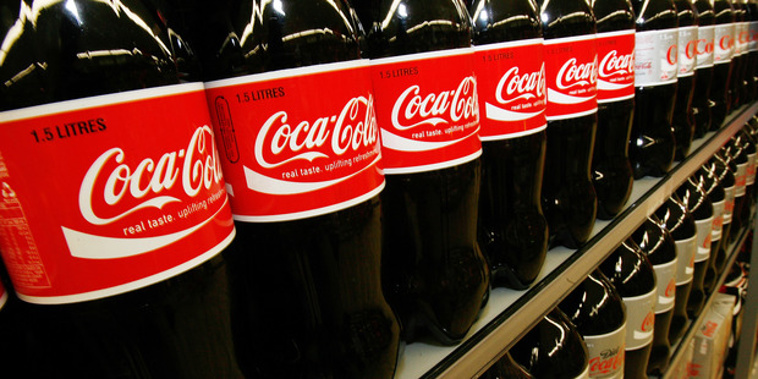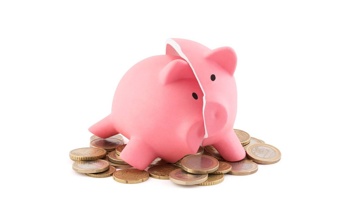
UPDATED 7.14pm Plain packaging is on the way for tobacco products in New Zealand but should it be extended to soft drinks?
Researchers from the University of Auckland say plain packaging and the kinds of warning labels found on cigarette cartons could be an effective way to reduce childhood obesity.
Sugary drink taxes have been introduced overseas and Labour is currently considering whether to make their introduction policy ahead of next year's election.
However, the study found that a tax of 20 per cent on sugary beverages had only a weak effect on young people's preferences.
The findings were published yesterday by the International Journal of Behavioral Nutrition and Physical Activity after an online survey of 604 young people who regularly drank soft drinks.
Participants viewed images of branded and plain-packaged soft drinks, some with a text or graphic warning and a 20 per cent tax, and their perceptions measured using rating scales.
Professor Cliona Ni Mhurchu from the university's National Institute for Health Innovation, said plain packaging had the biggest negative impact on young people's product preferences.
The placement of a warning label on the sugary drinks also had a significant negative impact. The researchers found that warning labels had a greater effect when placed on beverages with plain packaging, compared with branded products.
"Plain packaging and warning labels could be effective ways to reduce young people's intake of sugary drinks and prevent childhood obesity," Ni Mhurchu said.
The finding that a hefty sugary drink tax had a weak effect on participants' preferences was unexpected, Ni Mhurchu said, given the success of tobacco taxes in cutting smoking and "emerging evidence of behavioural effects of sugary drink taxes".
The online study's methodology could be to blame, she said.
"The price information may not have been sufficiently obvious and the absence of comparatively priced products may have limited our study participants' ability to judge the relative cost of the products."
New Zealand Beverage Council president Olly Munro said plain-packaging was an "untested" proposal.
"We don't think it is helpful with all these mixed messages coming out...I think it is very unfair to try and compare tobacco and sugar-sweetened beverages to each other. They are completely different products, and there's no way that you can compare the two of them."
The council has also spoken out against a sugary drink tax, saying such taxes have little to no impact on consumption and would only be revenue-gathering. Better education about healthy eating and drinking was a better way to cut obesity rates, Munro said.
"We do recommend that the first choice for kids is always water. And we actually state that on our website."
The Government has come under pressure from medical professionals to introduce a sugary drink tax, particularly after the British Conservative Government opted to do so in its latest Budget.
But although the Greens want such a tax brought it, Labour's position has been that there isn't enough evidence.
That now looks likely to change - Labour's health spokeswoman Annette King says there is mounting evidence and support for a tax, and she is due to announce policy to address obesity in November.
Health Minister Dr Jonathan Coleman has rejected calls for a sugary drinks tax.
Instead, the centre-piece of the Government's new childhood obesity plan is to have 95 per cent of children identified as obese in the Before School Check of 4-year-olds to be referred to a health practitioner.
Plain packaging for tobacco is likely to be in place early next year, following an announcement by the Government in May.
"The price information may not have been sufficiently obvious," Professor Ni Mhurchu said.
"Our finding may also reflect the relative importance of price and branding to young people."
Take your Radio, Podcasts and Music with you









